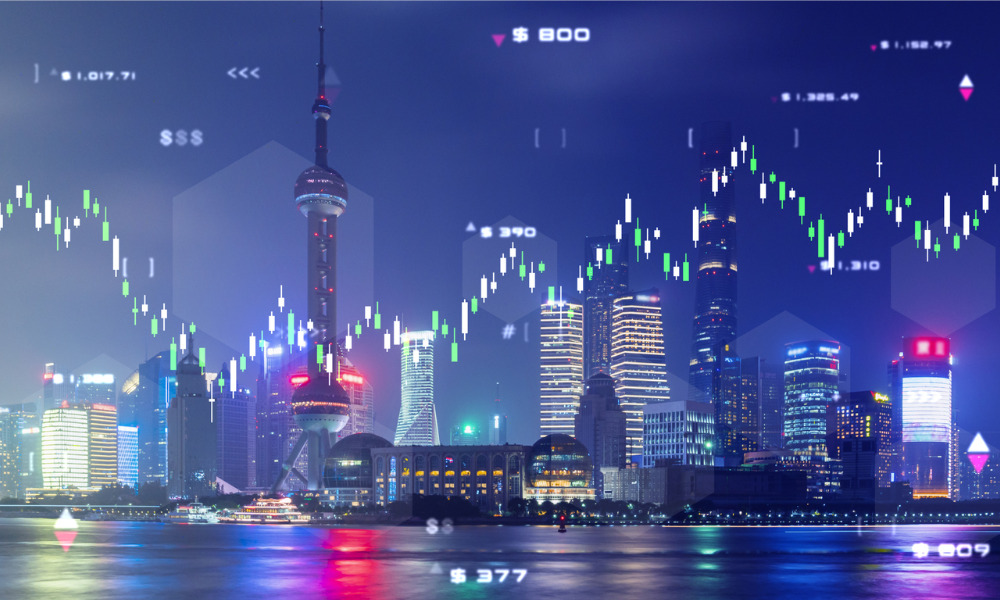Most fund executives say risk appetite will be higher in the next 12 months


Alternative fund managers and investors are expecting their organization’s risk appetite to increase in the year ahead, according to new research.
The Ocorian survey included alternative fund managers; fund managers working in family offices, private equity, venture capital and real estate; and senior executives working in capital markets focused on structured credit, CLOs, securitisation, mortgage-backed securities, and asset- backed securities.
With interest rates and inflation expected to fall in the next 12 months, respondents are anticipating an uptick in acquisition opportunities with 57% expecting risk appetite to rise compared to just 25% who think it will fall.
The main reasons why funds are set to show increased investment risk appetite is more attractive deal pricing (20% of firms with rising appetite said this), lower inflation (16%), and more opportunities to make distressed acquisitions (15%).
However, there are concerns that inflation may not fall (27% of firms with falling risk appetite said this), geopolitical uncertainty (26%), and deal prices that are too high (22%).
“Investment risk appetite is clearly increasing with senior executives and major investors expecting a shift in global macroeconomic conditions as well as more opportunities for acquisitions at more attractive prices,” said Paul Spendiff, head of Business Development – Fund Services, at Ocorian.
Enhancing risk management
The research also found that more than half of companies expanded their risk management teams in the last year and 53% have invested in new technology. This theme will continue over the next 12 months and include boosting employee incentive schemes to ensure key staff do not leave.
“We are seeing growing demand for our services as we help our clients solve these complex issues,” added Spendiff. “In addition, there are major concerns about the year ahead ranging from global political uncertainty and heightened global tensions in the Middle East and Ukraine as well as the risk of recession in major economies.”



